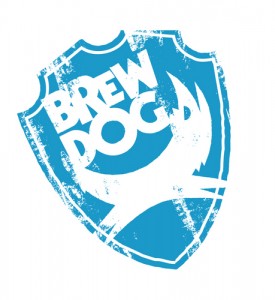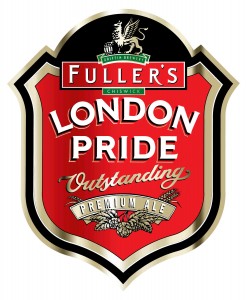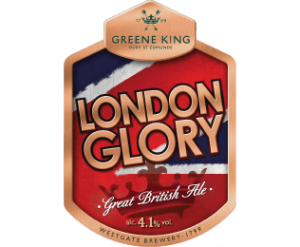 So the dust settles on another European Beer Bloggers Conference and once again the first place to start is with a massive thanks to all the sponsors and Zephyr Adventures for a brilliant few days of generous hospitality, high quality beers, stimulating discussion and much revelry. It really wouldn’t be possible without them and the conference represents astounding value for money.
So the dust settles on another European Beer Bloggers Conference and once again the first place to start is with a massive thanks to all the sponsors and Zephyr Adventures for a brilliant few days of generous hospitality, high quality beers, stimulating discussion and much revelry. It really wouldn’t be possible without them and the conference represents astounding value for money.
Much has been written as a result and a good place to catch up is the Facebook page. For now I’d just like to add some bite size reflections…
Quaint – Before and after the conference I’ve started to follow the sponsor breweries on Twitter, as you do. Several have clearly joined just recently, it’s a long time since I started following a world famous brewer who had only tweeted about 20 times with a few hundred followers. I guess we’ll have to tell them about Facebook soon. Or are we wasting our time? They have been successful enough without it.

They are family
Family – The Belgian Family Brewers were a major sponsor. They are family, they care. No fast track entry scheme, 50 years it is. They will experiment, they will innovate – but not on you. Once they have got it right, then they will release it. Admirable imho. Some modern breweries make me feel like a guinea pig, they know some stuff won’t work, they don’t know which, are they real brewers?
Heritage – The Belgian Brewers are a more inclusive group as the name suggests but there is still a massive thing about heritage. Although diminished from the numbers in their heyday they know they brew some of the most famous and iconic beers in the world. Why would you want to change that? Belgian traditions and heritage are such that anything new is viewed with healthy suspicion. It might be good but experimental does not necessarily equal good and consistent quality is paramount.
Bloggers – Quite a lot of introspection here. The British blogging scene certainly represents a bit of a love-in sometimes. No surprise when a fair percentage are doing it partly as a reason to get free beer and ‘access all areas’ invitations – and there’s nothing wrong with that. The real writers are a slightly different kettle of wort, but again, there is not much constructive criticism. People trying to make a living (or a ligging) can’t afford to be too critical it seems.
Language – It was taken for granted that the whole conference was conducted solely in English. Yet the non-native speakers (viz, every Belgian brewer for starters) consistently had impeccable colloquial English. Bravo. I am ashamed of myself.
Belgian Beer & Food – Paul Walsh, the editor moderated several of the talks and Brendan Kearney (sorry for the omission of your crazy Irish accents). Proper journalism. Asking probing questions, not stopping until answers were given instead of lapping up the marketing PR along with the free samples. There is a big gap in the UK market for something like this in my humble opinion. If you are travelling to Belgium or just interested in keeping up to date with the Belgian beer scene this mag is indispensible.
Belgian beers – It’s all been said and it’s all good. I feel slightly sorry for Pilsner Urquell, they bought a lovely fresh tank of beer which we didn’t make a big enough dent in – all eager to go exploring and pub crawling Brussels.
Innovation – We saw dry hopped beers, we saw saison in cans, we saw Cantillon in disposable kegs, we saw a brewer encouraging us to blend his beers in the glass, we saw popular old beers that had been revived. We also saw history, tradition and the heritage of some of the world’s great beers, beers that people try to copy everywhere in the world. We didn’t see any experimental brews on sale that hadn’t been fully developed, or brewers with a ‘we’ve brewed it so we might as well sell it’ attitude.
The Wars – Don’t mention them. Older British brewers should feel incredibly lucky that their businesses and breweries and kit were not destroyed by invading armies. Mentioned several times this is clearly a big factor in the reduction of Belgian breweries and the renaissant state of the industry for the last 40 years.
Beer Tourism – Major sponsors included Visit Flanders and other Belgian tourist groups. They know what they’ve got. I’ve never seen any tourist board activity of this sort in the UK. Certainly in Surrey you can’t even get a brown road sign pointing to your brewery.
It’s going to be a hard act to follow.
I’ve sat on these thoughts so long that I’ve forgotten my other incisive comments. The end.







